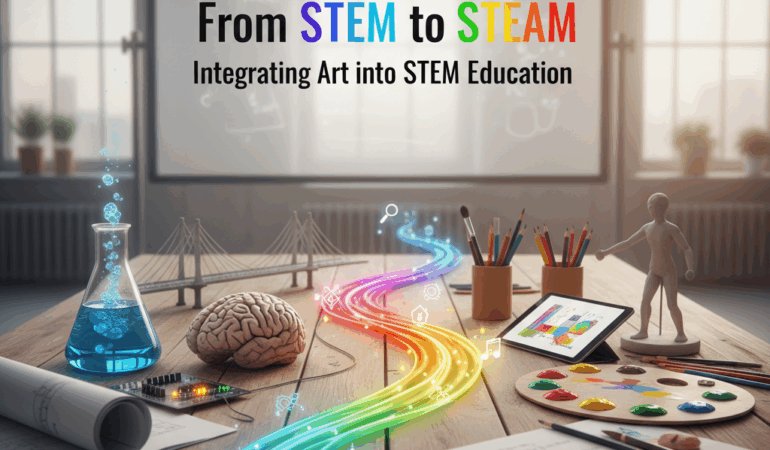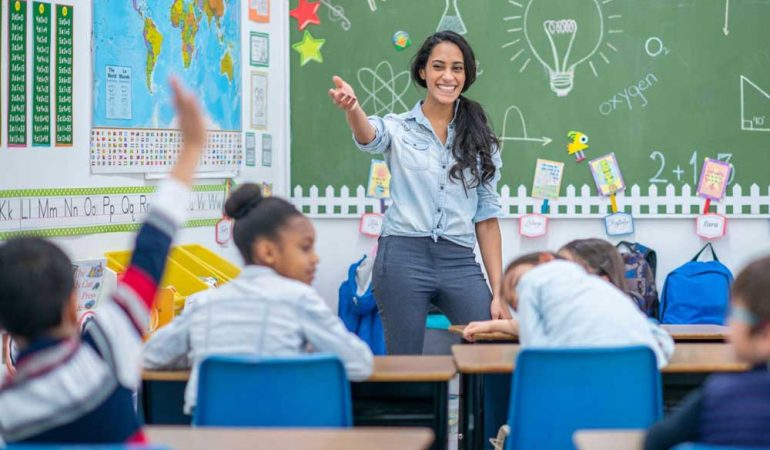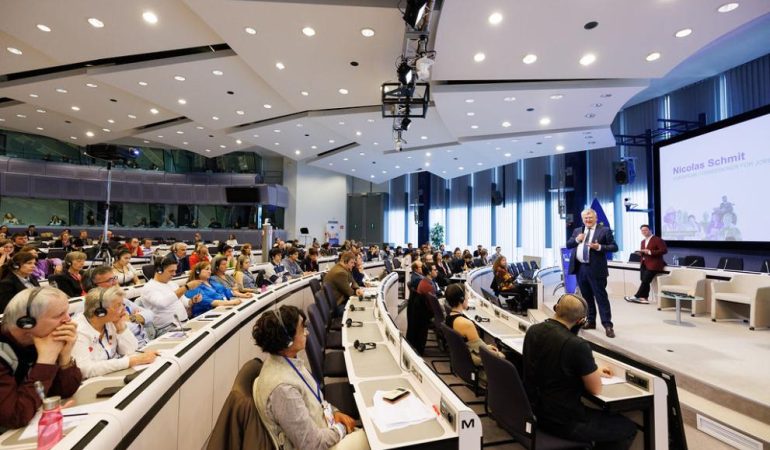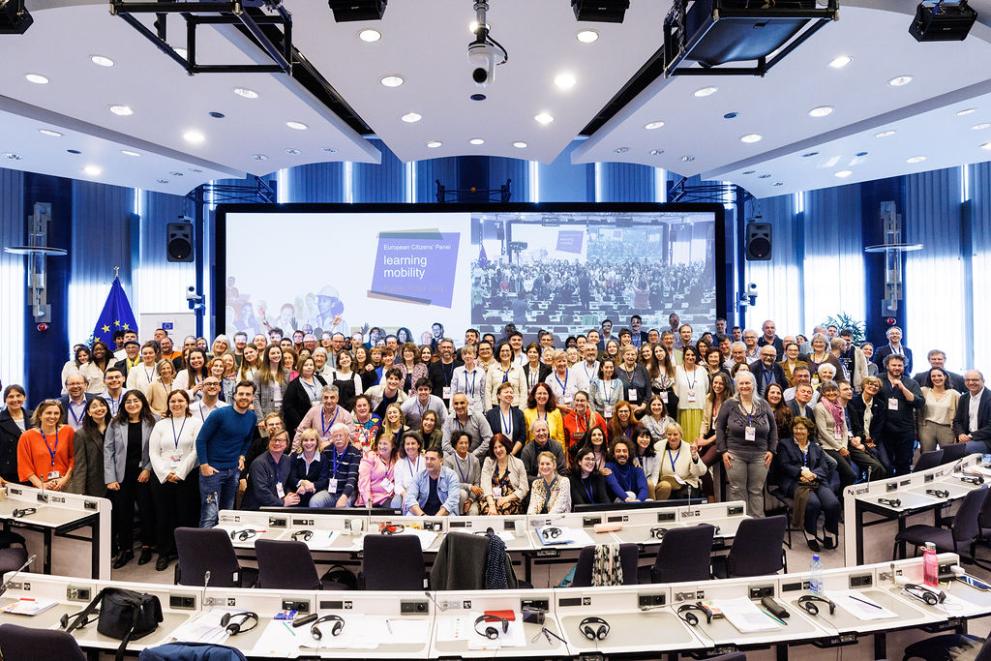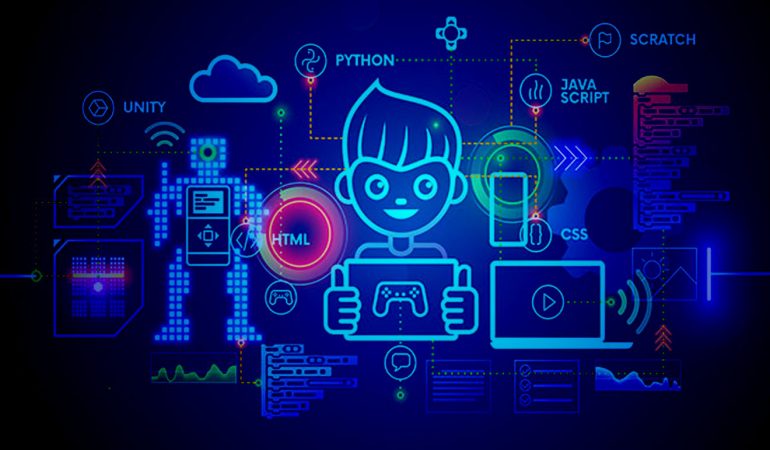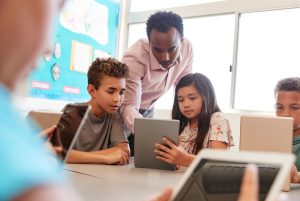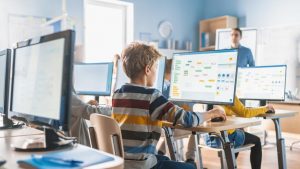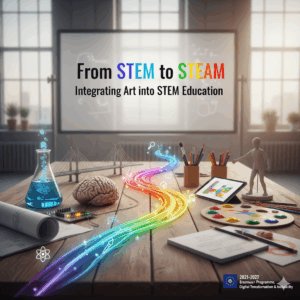From STEM to STEAM: Integrating Art into STEM Education
This course aims to teach educators how to integrate art (A) into the STEM (Science, Technology, Engineering, and Mathematics) disciplines, transitioning from STEM to STEAM. By incorporating art, students can enhance their creativity, improve problem-solving skills, and experience interdisciplinary learning that connects both scientific and artistic competencies. This course aligns with the 2021-2027 Erasmus+ Programme‘s priorities of digital transformation and inclusivity, offering a unique opportunity to develop innovative educational approaches.
Participants will learn how to design lesson plans and activities that integrate art into STEM disciplines, encouraging students to explore both their artistic and scientific talents. The course will also focus on using digital tools and creative methods to make STEM subjects more engaging.


